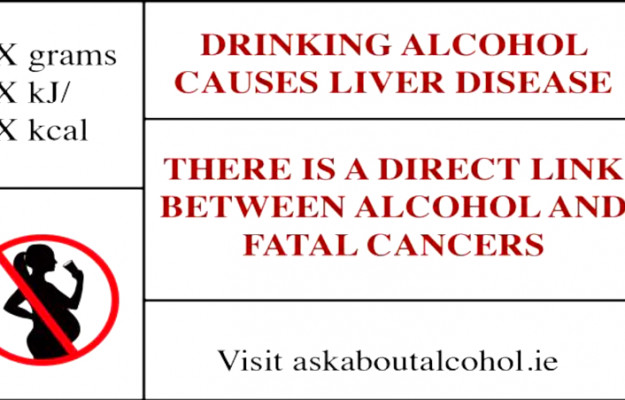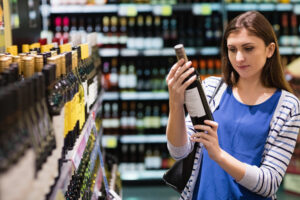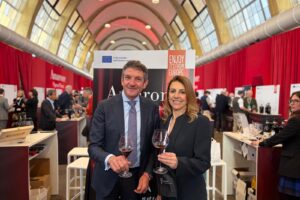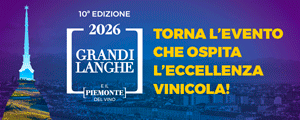With one week to go before the deadline for submitting comments on Ireland's proposed wine and spirits labeling legislation at the WTO, which has seen Australia, Canada, Cuba, Mexico, New Zealand, the United Kingdom, the Dominican Republic and the United States submit their comments, which will be explored in June at the table on Technical Barriers to Trade, Federvini and Unione Italiana Vini (UIV) are ready to send a formal complaint to the European Commission, arguing that the legislation is incompatible with EU law.
Federvini’s complaint, in line with the evaluations presented by the European associations of the sector (Comité Vins and Spirits Europe), also shared by Uiv (Unione Italiana Vini), expresses the clear incompatibility of the Irish rules with the current European Union regulations on presentation and correct consumer information. What is more, the Irish measures represent a disproportionate and unjustified impediment to the free movement of goods within EU territory, in open contrast to the provisions of Articles 34 and 36 of the Treaty on the Functioning of the European Union. A substantial threat to the single market brought about by Ireland's unilateral choice is likely to create a trade barrier.
Moreover, critical aspects of incompatibility with European legislation had already been highlighted by several EU member states (Italy, France, Germany, Spain, Denmark, Croatia, Czech Republic, Hungary, Portugal, Romania, Slovakia, Greece, Poland and Latvia) in the TRIS notification procedure held in the last four months of 2022. An international mobilization also strong with the intervention of the Italian government, particularly by virtue of the diplomatic action led by the Ministry of Foreign Affairs and the Ministry of Agriculture and Food Sovereignty.
“By not distinguishing de facto between abuse and responsible consumption of alcohol, the Irish legislation risks failing to properly inform consumers and damaging our production sector on a European scale, further aggravating the burdens on producers who should adopt ad hoc labeling for the Irish market. In considering the objective of countering the phenomenon of alcohol abuse a priority, we also believe it is crucial to promote, first and foremost, proper education in moderate drinking”, commented Micaela Pallini, president of Federvini. “The formal complaint that we will send to the European Commission represents a compulsory choice as of today, in the face of the inaction of the EU authorities, which had also recently expressed concerns about the admissibility of Ireland’s proposal. We hope that they will finally become aware of the limits of the initiative and instead continue in the direction of defining a coherent and harmonious regulatory framework at the European level”.
According to the president of Unione Italiana Vini (UIV), Lamberto Frescobaldi, “Ireland’s flight forward risks opening the field to a Babel of information within the European Union. We are ready to discuss a new wine labeling system, but only if this is shared within the EU. This is why we share the request by the European Committee of Wine Enterprises (Ceev) to file a complaint with the European Commission against Ireland, also in light of the opinions against Dublin’s conduct expressed in the WTO by 8 non-EU countries. The Irish affair”, Frescobaldi added, “was born badly also because of the silence-assent of the EU Commission and specifically of its Dg Sante, leading to a de facto distortion of a founding principle of the Union such as the free movement of goods in the internal market. Finally, Uiv once again highlights how wine is not responsible for the problem of alcoholism particularly in Northern Europe. In fact, it is precisely in the countries with the highest wine consumption that the lowest rates of alcoholism are recorded”.
Dictating the line, as mentioned, is Ceev, which filed a formal complaint yesterday asking the European Commission to open infringement proceedings against Ireland for violating EU law and the EU single market with its alcoholic beverage labeling regulations that include, among others, the use of health warnings. “The provisions included in the Irish labeling regulations are incompatible with current EU law and constitute an unjustified and disproportionate barrier to trade, within the meaning of EU law. In fact, they risk fragmenting the EU single market, undermining its proper functioning, and de facto hindering the access of products from other member states to Ireland, eventually generating clear discrimination against imported products”, said Mauricio González-Gordon, Ceev president. “While we fully support the fight against alcohol abuse, we strongly believe that this goal can be achieved with more effective and less trade-restrictive measures, and should also be compatible with current EU law”, added the Ceev president.
In addition, Ceev points out the clear incompatibility of the Irish labeling rules with the new legislation on the labeling of wine and flavored wine products, regarding the indication of alcohol content and energy value. Stressing how the Irish rules constitute a disproportionate and unjustified barrier to trade, contrary to Articles 34 and 36 of the Treaty on the Functioning of the EU, without Ireland ever adequately justifying the proposed measure. And again, the Irish rules risk undermining coherent action at the EU level by adopting unilateral rules on issues, such as health warnings, on which the European Commission has already announced its intention to legislate. Last but not least, Ceev explains how the Irish labeling provisions fail to distinguish between alcohol abuse and moderate wine consumption patterns, thus failing to accurately inform consumers.
“With Ireland’s lack of response to the many concerns raised by national governments, and with the inexplicable failure of the European Commission to defend EU law and the EU single market, we are left with no choice but to file an official complaint in the EU and request the opening of infringement proceedings against Ireland”, added Ignacio Sánchez Recarte, Ceev secretary general. “We remain convinced that it is the responsibility of the European Commission to work to establish a harmonized and scientifically appropriate regulatory framework that protects the EU single market and adequately informs consumers. As Ceev, we stand ready to collaborate proactively on this issue”.
Copyright © 2000/2026
Contatti: info@winenews.it
Seguici anche su Twitter: @WineNewsIt
Seguici anche su Facebook: @winenewsit
Questo articolo è tratto dall'archivio di WineNews - Tutti i diritti riservati - Copyright © 2000/2026







































































































































































































